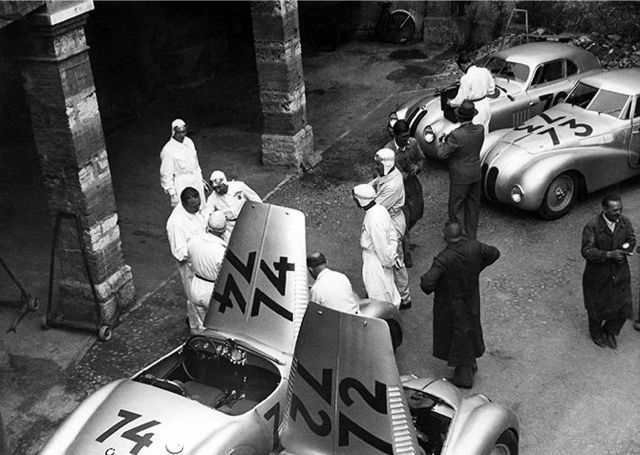The genius of Clarke
Anyone who knows me knows that I love both a good science show and the thoughts of Arthur C. Clarke with equal vigor. Therefore, this 1964 BBC program, Horizon, with an interview of Arthur C. Clarke is exceptional:
Was Arthur C. Clarke ever wrong? And, more importantly, was Arthur C. Clarke ever young? I swear he looked the EXACT same even when he died just a short while ago!
(io9)




 Wow, if this doesn’t smack of a Douglas Adams-level of beauracracy in action, I don’t know what does. As reported by the BBC:
Wow, if this doesn’t smack of a Douglas Adams-level of beauracracy in action, I don’t know what does. As reported by the BBC: